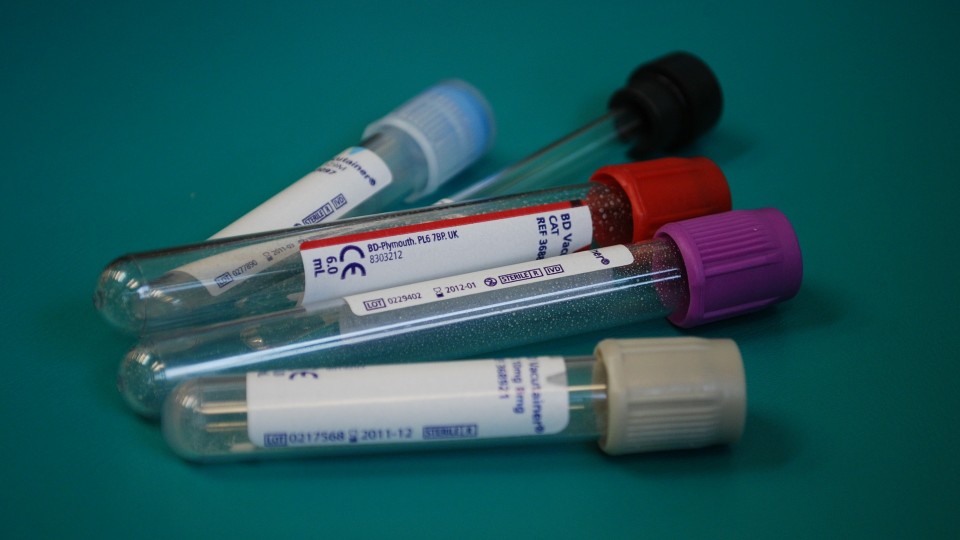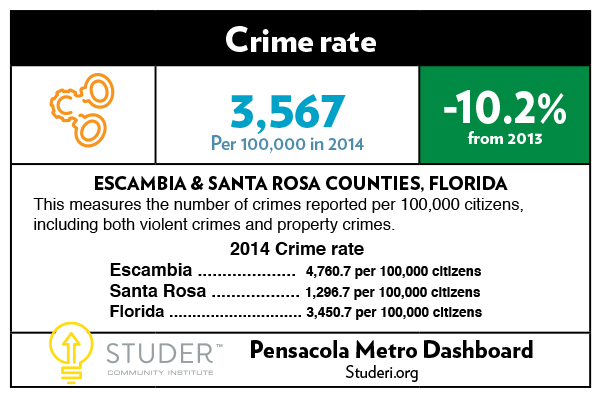Senators support efforts to boost rape kit testing
- January 26, 2016
- / Margie Menzel
- / community-dashboard

Lab tests. Photo credit: https://pixabay.com/en/users/kropekk_pl-114936/
TALLAHASSEE — Plans to speed up DNA testing in suspected rape cases are moving in the Legislature, following revelations that thousands of evidence kits remain untested statewide.
On Monday, the Senate Criminal Justice Committee unanimously passed a measure (SB 636), filed by Sen. Lizbeth Benacquisto, R-Fort Myers, that would establish time limits for local agencies to submit sexual assault kits to FDLE for testing.
The vote came after a Florida Department of Law Enforcement report earlier this month showed the state has more than 13,000 untested rape kits.
Escambia County saw an uptick in sexual assaults at the six-month mark of 2015 in data collection. Data from the Sheriff’s Office shows a 36 percent increase in reported forcible rapes for the first six months of 2015, compared to the first six months of 2014. Seventy-nine rapes were reported as of June 30; 58 were reported in 2014.
Pensacola Police Department data shows a 40 percent increase in reported forcible rapes for the first six months of 2015, compared to the first six months of 2014. Fourteen rapes were reported in the city limits in the first six months of 2015; 10 were reported in the same time frame in 2014.
The crime rate is one of 16 quality of life measurements that the Studer Community Institute’s Pensacola Metro Dashboard tracks. Created in consultation with the University of West Florida’s Office of Economic Development and Engagement, the dashboard is an at-a-glance look at the social, economic and educational well-being of our community.
Research of the prevalence of sexual assault across the country that University of West Florida Professor Raid Amin is a part of indicates that the Pensacola metro area is part of a statistical cluster the shows elevated levels of sexual assault.
The researchers mapped reported sexual assaults across the continental United States to see if some areas showed higher incidences of these crimes.
They did find areas where reported sexual assault reports were more prevalent. And one of them was the Escambia and Santa Rosa county area. When the data is adjusted for poverty and age, the Pensacola metro area is fifth in the country for an elevated risk of reported sexual assault.
The House version (HB 179), filed by Rep. Janet Adkins, R-Fernandina Beach, has passed one panel and faces two more.
"All I know is that we are going to make sure that this bill passes, and that it is not an optional question moving forward, that they will be submitted and tested in a very timely fashion," Benacquisto said. "And we think that 120 days is long enough for someone to wait to make sure that the person that committed that crime against them — that they can be brought to justice."
Testing DNA evidence could help law enforcement agencies catch rapists and prevent future rapes, but Florida does not require kits to be submitted for testing. That decision has rested with local law-enforcement agencies.
The bills, however, would require any evidence collected in rape investigations to be submitted for testing within 21 days of being received by law-enforcement agencies or after notification by victims or victims' representatives that they wish the evidence to be tested.
The report came after Attorney General Pam Bondi in September called on lawmakers to increase funding for crime labs to address the testing backlog. In its report, FDLE recommended that the state spend at least $8 million over a three-year period to do so.
"We must ensure we are able to test all DNA evidence, including sexual assault kits, in a timely manner, and this legislation will help expedite the process,” Bondi said in a statement on Monday.
Benacquisto said the funding for the backlog wasn't part of her bill, but would be dealt with through the budget process.
"The issue with the backlog is a separate issue which will require additional funding and make sure that we can clear that backlog in a very, very time-efficient way," she told reporters. "And you've seen (Senate Criminal and Civil Justice Appropriations) Chair (Joe) Negron, (R-Stuart), be very aggressive to make sure that we'll have the funding that we need to clear that backlog and that it's done in a much shorter timeline than FDLE had originally proposed, of six to eight years. That's just far too much time."
Backlogs are a national problem, said Jennifer Dritt, executive director of the Florida Council Against Sexual Violence — and jurisdictions that have cleaned up their backlogs have caught a number of rapists.
"They solved a lot of rapes, and they found quite a few serial rapists, which was not surprising to people who do the work," Dritt said.
According to FDLE, New York City in 2000 began to test its entire backlog — 17,000 rape kits — resulting in more than 2,000 DNA matches and 200 cold-case prosecutions. In Michigan, the Wayne County Prosecutor's Office identified 188 potential serial rapists and obtained 15 convictions. In Houston, the testing of 6,663 rape kits resulted in 850 matches in the federal DNA database.
In its report, FDLE found that kits were not tested for several reasons, including victims declining to proceed with investigations, state attorney's offices declining to prosecute and suspects pleading guilty.
Also, some victims do not wish to file police reports. In those situations, kits may be held by local law enforcement or by rape-crisis centers for periods of time in case victims change their minds. Kits are forwarded to laboratories for testing only if reports are filed and victims have consented to testing.
Benacquisto said in her proposal, victims have "the ultimate authority" over whether or not the testing proceeds.
"We feel very strongly about making sure their wishes are known," she said.

 CivicCon launches with a look at good growth in cities
CivicCon launches with a look at good growth in cities
 Building stronger brains one baby, one parent at a time
Building stronger brains one baby, one parent at a time
 SCI debuts commercial on Early Learning City
SCI debuts commercial on Early Learning City
 Entrecon: World class speakers and an opportunity to sharpen skills
Entrecon: World class speakers and an opportunity to sharpen skills
 PYP Quality of Life survey 2017
PYP Quality of Life survey 2017
 EntreCon Pensacola 2016: A look back
EntreCon Pensacola 2016: A look back
 Leadership tip: getting better employee takeaways
Leadership tip: getting better employee takeaways
 Leadership tip: be interested instead of interesting
Leadership tip: be interested instead of interesting
 Leadership tip: delivering difficult messages
Leadership tip: delivering difficult messages
 Brain Bags boost Arc, Early Childhood Court programs
Brain Bags boost Arc, Early Childhood Court programs